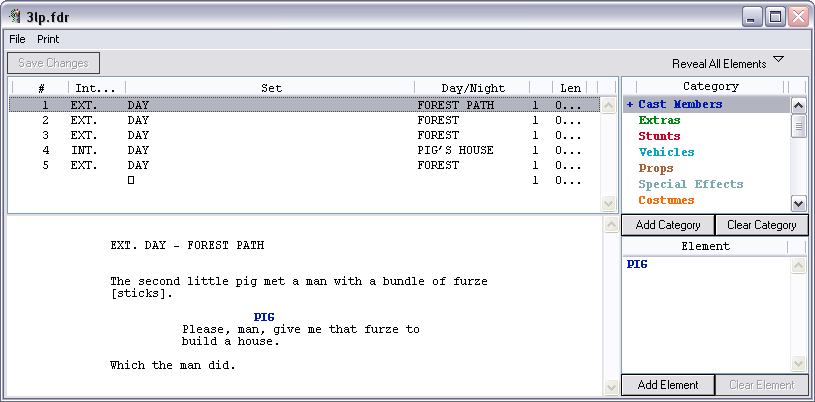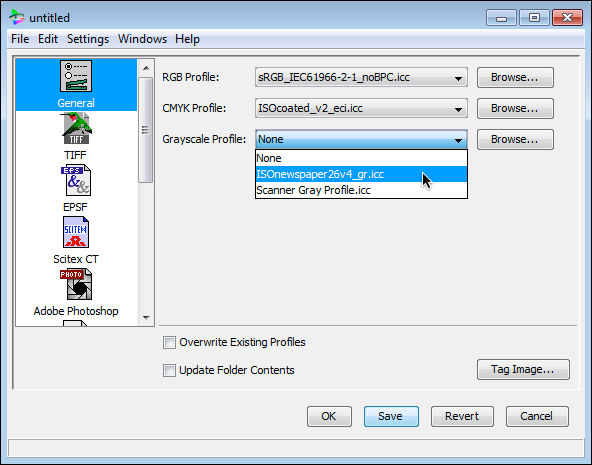
When it comes to data on your own computer or on the local network, users still prefer to browse with the file manager and very rarely use local search engines. Over the last decades, with the exception of the now-established local search engines, file management has undergone few fundamental changes. However, virtually no findings from this field have found their way into computer systems as we use them today (see box entitled "Only in Research"). Research in the field of Personal Information Management (PIM) has achieved very good improvements for three decades. The constantly increasing volume of lost information, in combination with the massively increasing number of files per user, require a fundamentally new way of thinking when managing files. In line with this, file is a conceptual term on the filesystem level, and the term document is used more often at the user-interface level.

The concept of nested directories was introduced to make it easier to manage a few dozen, or at most, a few hundred files following the advent of the desktop metaphor, directories were referred to as folders.Īt the level of the filesystem, the concept is still the directory, whereas the folder as a concept is more apt for the level of the graphical user interface. Nevertheless, today's systems follow largely the same premises. The foundations of "modern" file management were laid by developers in the middle of the last century. All too often, the environment requires the user to adapt to the computer, rather than the computer adapting to the situation. This problem is often not due to having a bad memory, or a lack of computer skills, but is instead attributable to the design of modern environments.


Many studies show that almost all computer users have experienced this situation. Moreover, despite a sophisticated full-text search, you might overlook the desired document in the flood of results if the keywords are too broadly defined. Navigating through countless directories does not lead to the desired result, because the data you are searching for might be in a file with a random name – or a name you thought was logical at the time but proved forgettable later.Ī full-text search would seem to offer a remedy, but full-text search usually requires additional – and often quite considerable – resources. Everyone is familiar with the problem of losing data neatly stored on your own computer.


 0 kommentar(er)
0 kommentar(er)
